Paper 2: English Legal System
1/97
There's no tags or description
Looks like no tags are added yet.
Name | Mastery | Learn | Test | Matching | Spaced | Call with Kai |
|---|
No analytics yet
Send a link to your students to track their progress
98 Terms
Law Commission
The Kingdom's advisory body for law reform
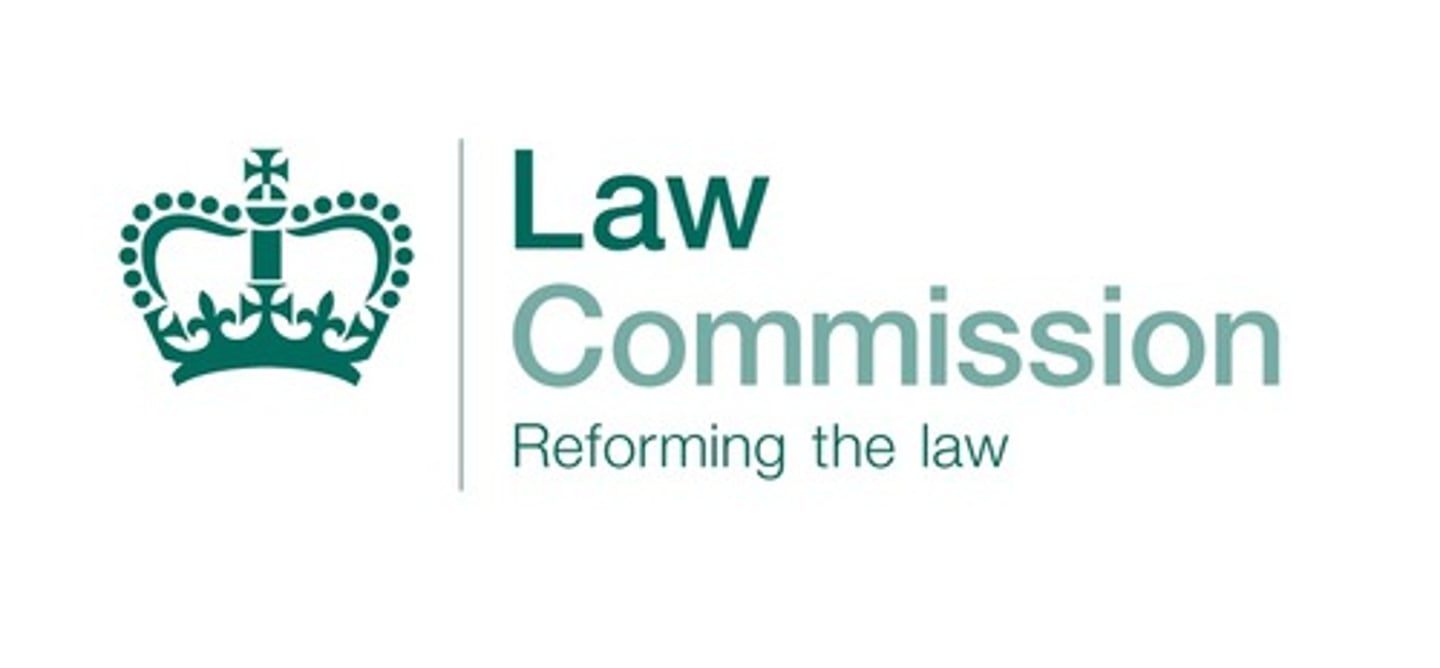
What do the Law Commission do ?
- Study laws
- Removing old laws/statutes
- Make the law simpler
- Add laws when necessary
- Recommend improvements

Law Commission Advantage: Legal experts
They research areas of law

Law Commission Advantage: Consultation
The Law Commission consults before finalising its proposals

Law Commission Advantage: Covers whole areas of law
Whole areas of law can be considered, not just small issues
Law Commission Advantage: Makes Acts easier to find and understand
If Parliament enacts the reform of a whole area of law, then the law is in one Act, e.g. the Land Registration Act 2002, making it easier to find and understand.
Law Commission Advantage: Simplifies and modernises law
Caused by law reform brought on by the Law Commission
Law Commission Disadvantage: Failure of Parliament to implement reforms
The government is often slow to enact reforms and some Law Commission reports have not yet been made law.
e.g. Non-fatal Offences Against the Person is a major area of criminal law still awaiting reform.

Law Commission Disadvantage: Lack of Parliamentary time
A lot of time has to be given to financial matters such as the budget and taxation, health, education and foreign policy, especially during Covid.

Law Commission Disadvantage: Changes to wording
This causes the final law to be very different to that proposed by the Law Commission.
This can sometimes make the law less satisfactory than the original proposals.

Law Commission Disadvantage: Not all recommendations followed
The government may accept the Law Commission's recommendations in principle, but when reforming the law, the government may not follow all the recommendations.

Law Commission Disadvantage: Law Commission does not have to be consulted
The government does not have to consult the Law Commission on changes to the law.
This can mean that major changes are made without the benefit of the Law Commission's legal knowledge and extensive research.
Green Paper
Outlines problems with current laws and suggests ways to improve this.

White Paper
After Green Paper, final draft

MP
Member of Parliament
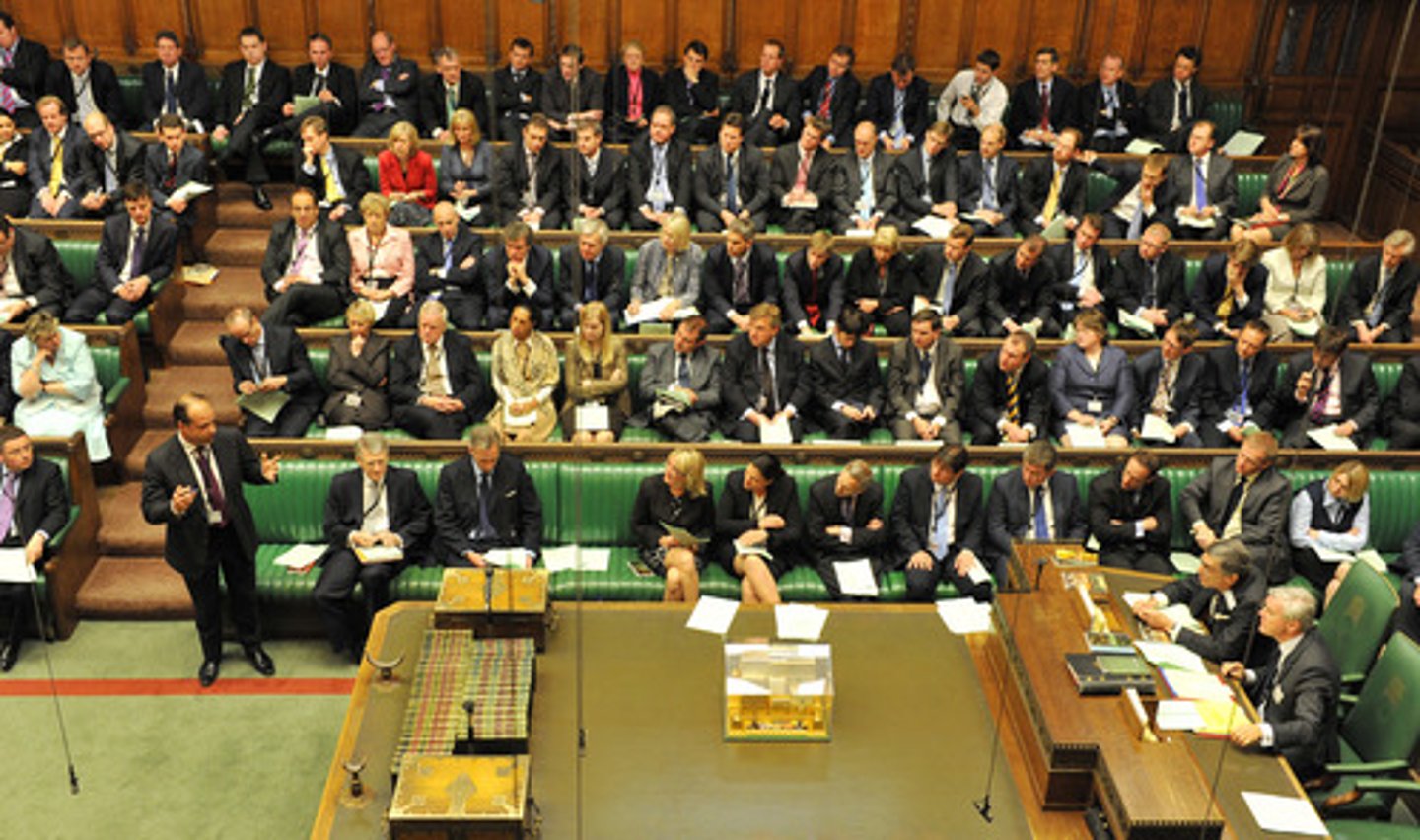
House of Commons
Where MPs debate
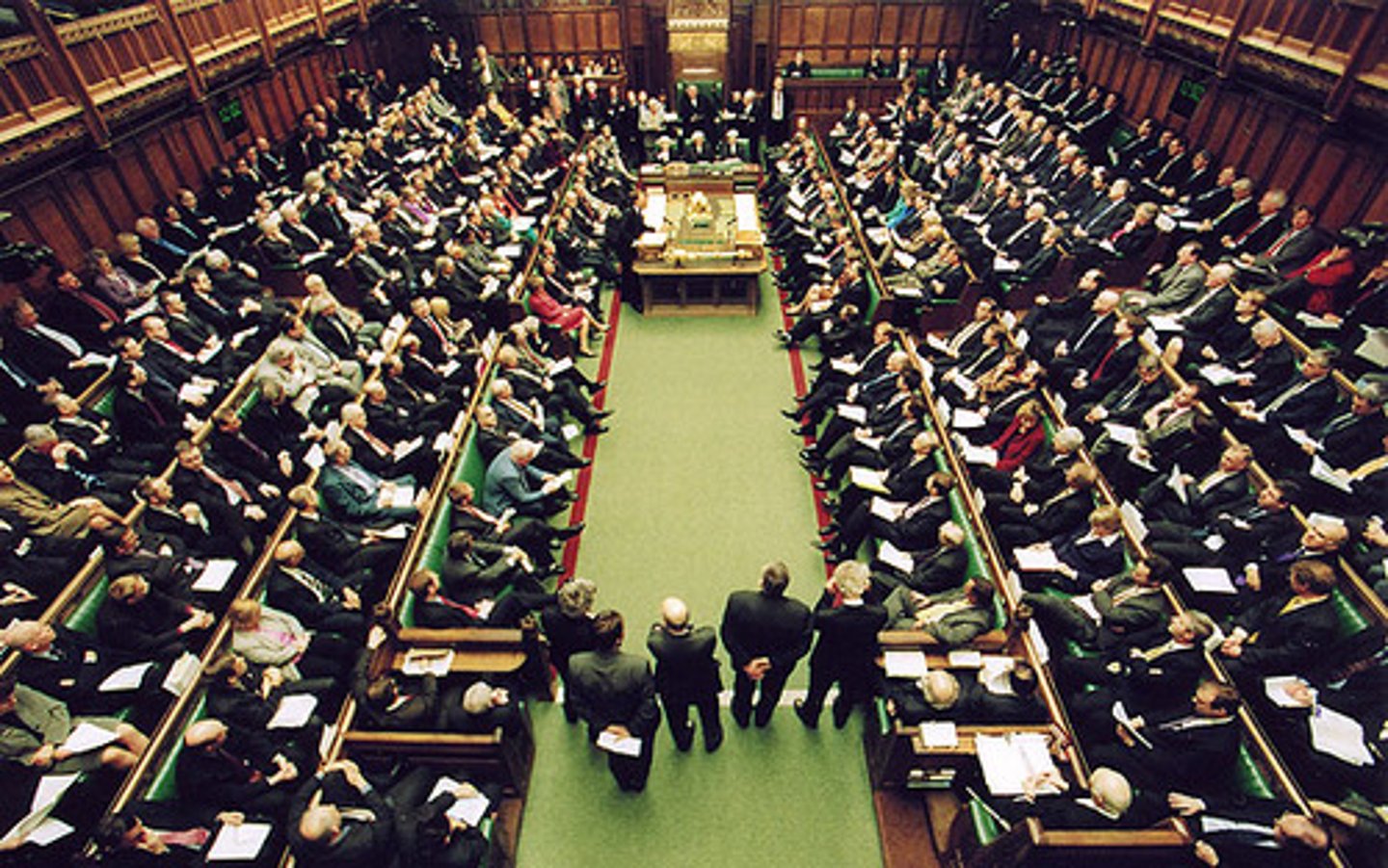
Bill
Proposed change / a law that individuals want passed
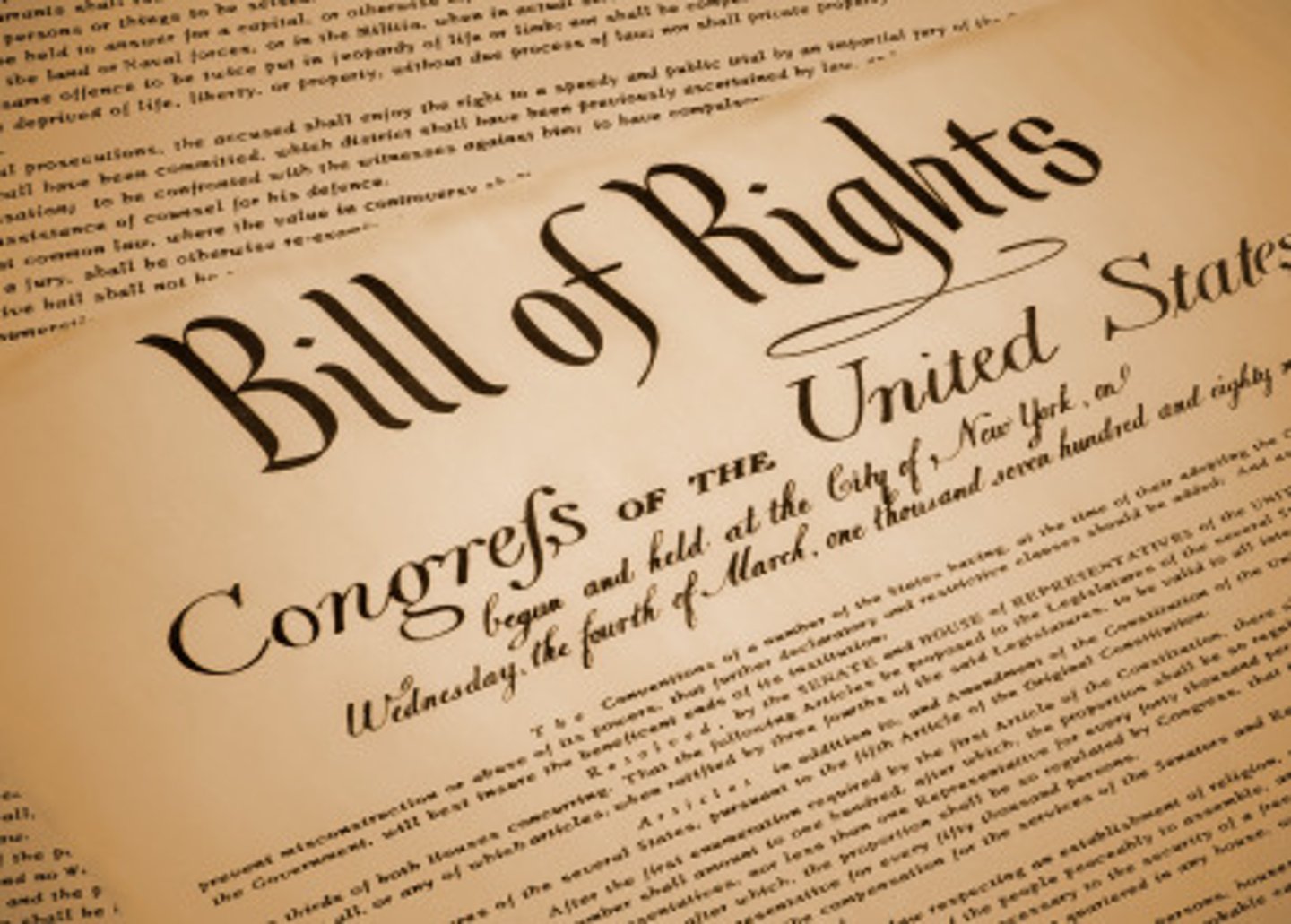
Bill Readings
Sharing a bill for feedback, it is then debated and voted on.

Amendments
Changes
Royal Assent
Monarch's approval for a bill to become law

Revised
Changed
Reform
To bring back to rightness, order, or morality.

Monarch
King or Queen

Act of Parliament
A law passed by Parliament
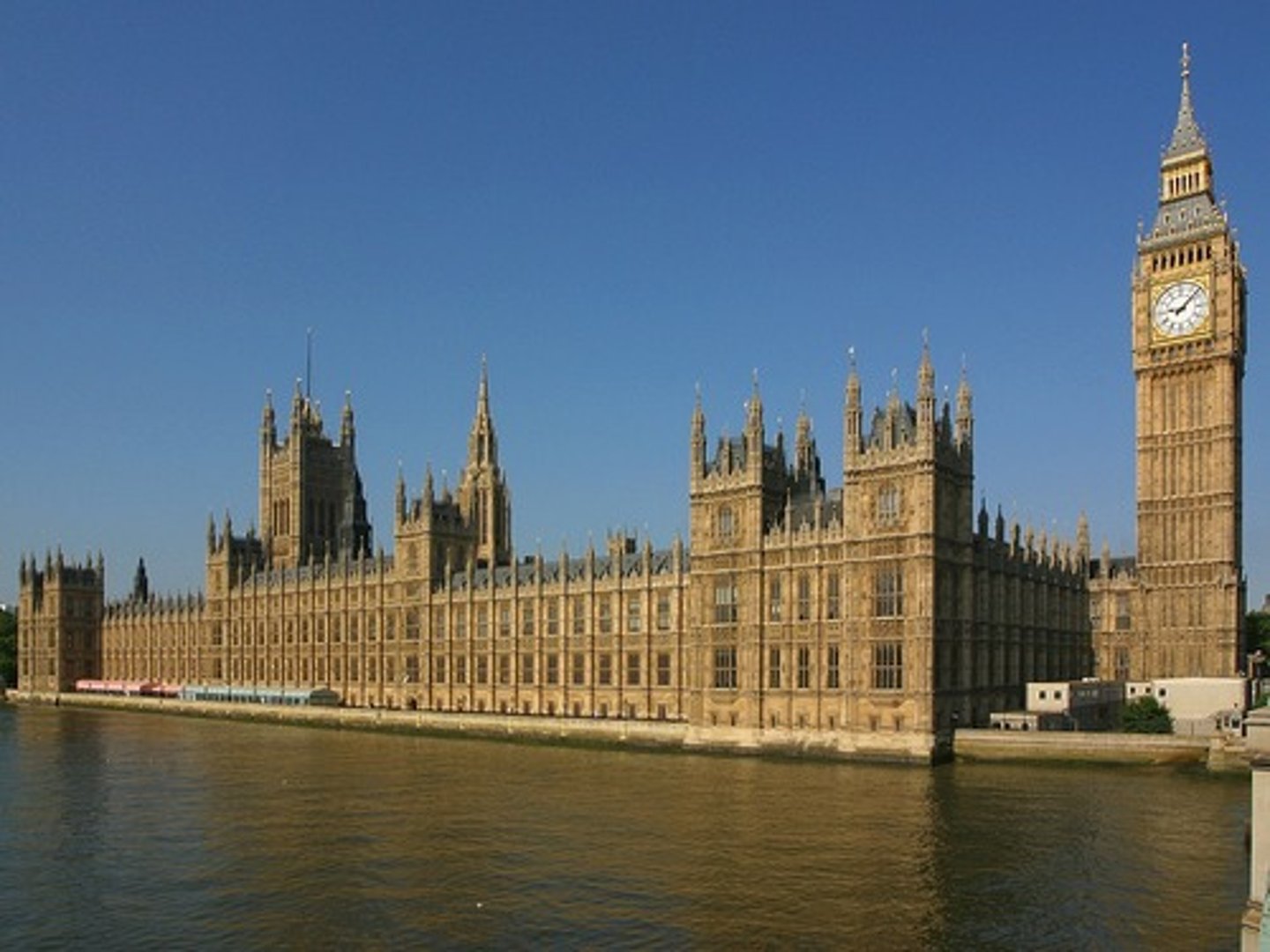
House of Lords
Non-elected body, some inherit their position, some from Church, most chosen (200) on a commission.
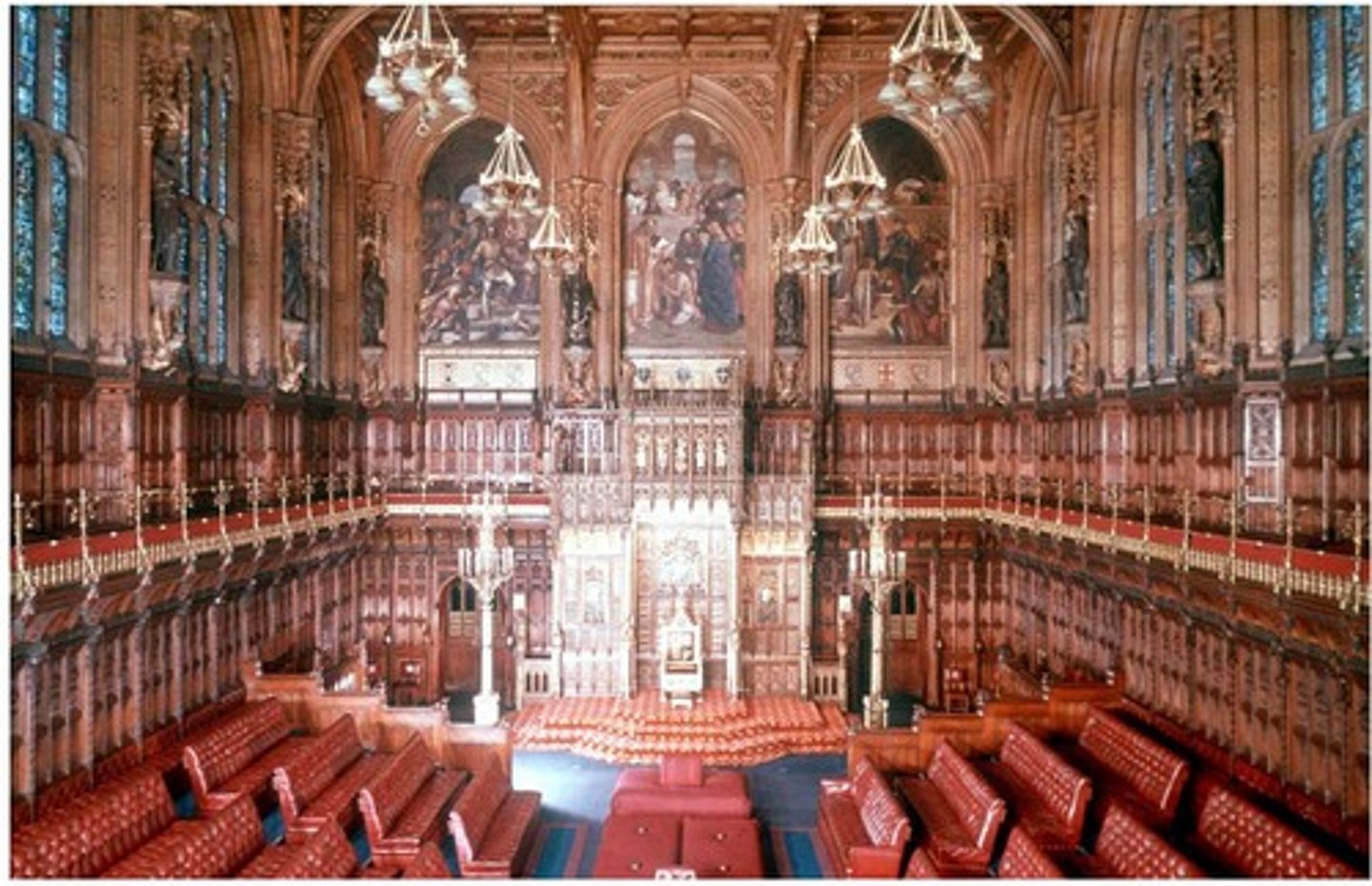
Types of statutory influence
Political
Media
Pressure groups
Example of successful political statutory influence
Hunting Act Introduced by the Labour Government

Advantages of political statutory influence
- Each party has its proposals ready, making the process of passing a new Act quicker.
- If you have a "majority" in favour, you know you can pass new legislation.

Disadvantage of political statutory influence
Difficult when in power to fulfil the promises made, particularly without an overall majority in support.

Example of successful media statutory influence
Handguns banned after a massacre in a school

Advantage of media statutory influence
The UK has free press, meaning they are able to criticise government policy and bring issues to the government's attention using public opinion.

Disadvantages of media statutory influence
Responding too quickly to high-profile incidents can lead to poorly drafted laws.
The media can manipulate news to generate biased public opinion.

Example of ongoing pressure groups statutory influence
Smoking ban

Advantage of pressure groups statutory influence
Brings important scientific discoveries to government attention.

Disadvantage of pressure groups statutory influence
Conflicting interests between different pressure groups

Four types of Bill
Public Bills
Private Member's Bills
Private Bills
Hybrid Bills
Public Bills
Affect most of the country, introduced by the Government.

Private Member's Bills
Introduced by one MP
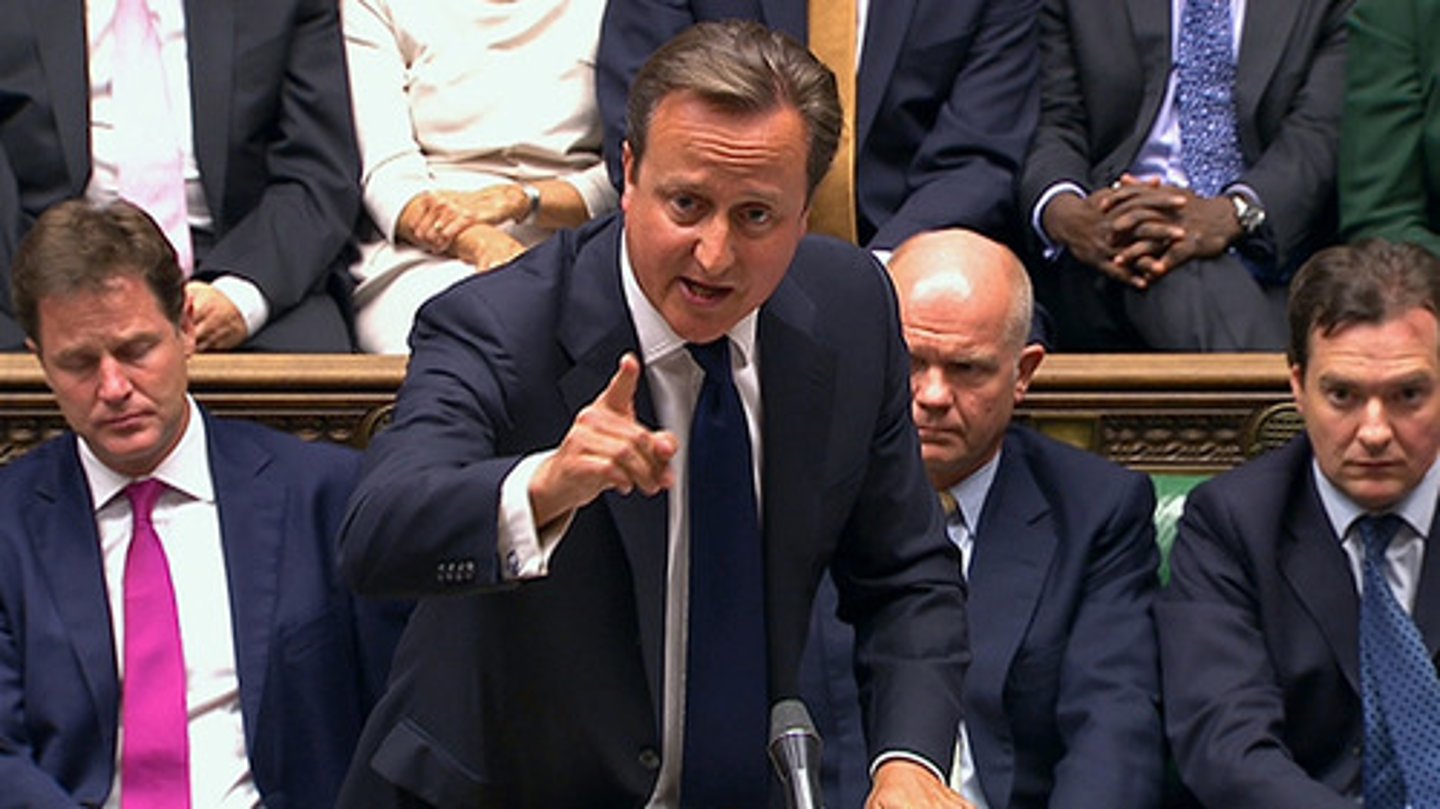
Private Bills
Don't usually affect the whole country, may be introduced by a large company/local council/public corporation that require an act of parliament to build a new road or factory.

Hybrid Bills
Introduced by the Government, but don't affect everyone.
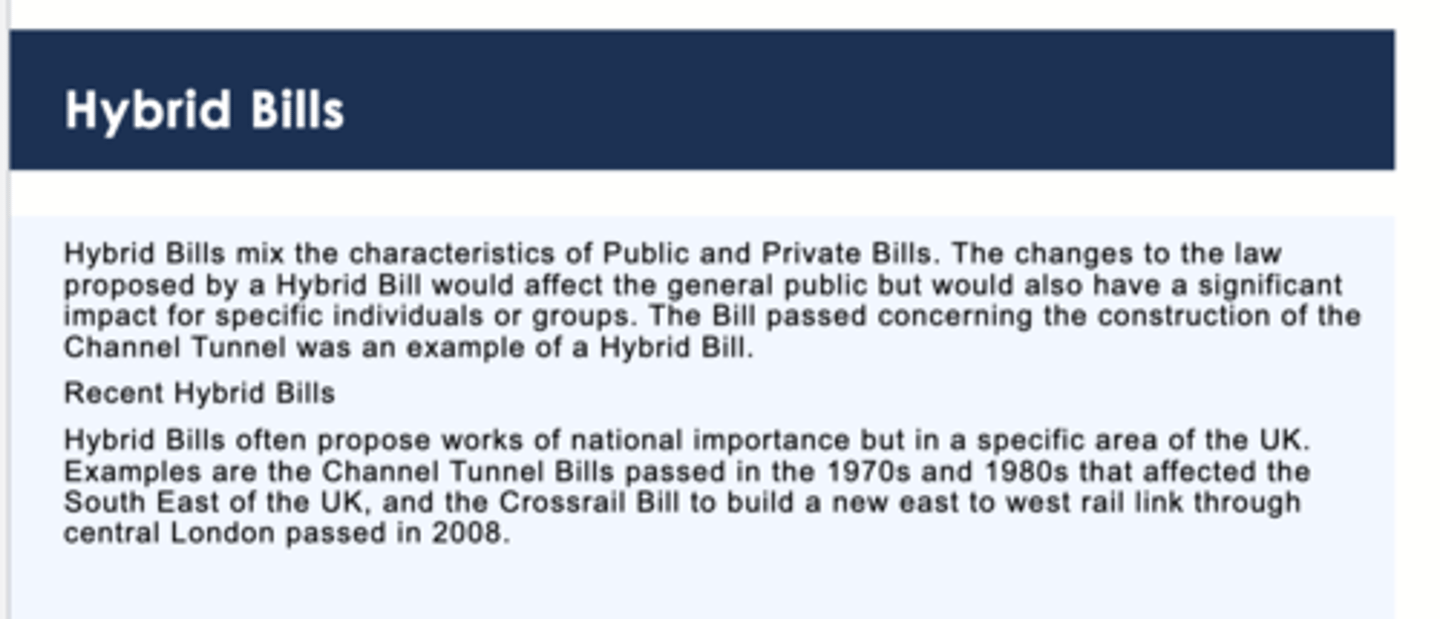
How are Acts passed ?
Bill is drafted
First Reading
Second Reading
Committee Stage
Report Stage
Third Reading
Same procedure in other House
Royal Assent
Bill is drafted
Draft = Written

First Reading: Title of bill is read out
Gives idea of what Act will be about.

Second Reading: Debate of main principles
Members debate the general principles and merits of the bill before voting on whether it should proceed.

Second Reading: Vote taken
Members vote on whether to approve the bill's main principles, which may result in a formal counted vote if the outcome is unclear.
Committee Stage: Detailed examination of bill
Members of a Standing Committee evaluate each clause and may suggest amendments before further voting.
Report Stage: Comittee reports back to house
Amendments made are then debated, and another vote is held.
Third Reading: Final approval, debate and vote
No further amendments can be made at this stage.

Same procedure in other house
Bill passes to the other House
Royal Assent: Final approval by the monarch
Once Royal Assent is granted, the bill becomes an official law of the land.
Most Acts have a delayed implementation (start date) after Royal Assent.

Parliament Acts 1911 and 1949
House of Commons can overrule the House of Lords
Features of Parliament Acts 1911 and 1949
- 1949 Act reduced Lords' delaying power to one year
- House of Commons can reintroduce an Act after the year has passed and pass them without the consent of the Lords
- Rarely used: Seven times only, e.g. Hunting Act 2004
-The two Houses usually reach a compromise
Dicey: Rule of law
A legal principle asserting that no one is above the law.
1st point of Dicey: Parliament can legislate on any subject matter
And cannot be overridden by any authority.

2nd point of Dicey: No binding principles
No Parliament can be bound by any previous Parliament, nor can a Parliament pass any Act that will bind a later Parliament.

3rd point of Dicey: Parliamentary Sovereignty / Supremacy
No other body has the right to override / set aside an Act of Parliament.
Parliamentary Supremacy also = Sovereignity of Parliament

Public funding for civil cases
The Legal Aid Agency
Free legal advice for civil cases
Civil Legal Advice Service
Features of Civil Legal Advice Service
- Free advice on debt, housing and domestic abuse
- Merit tested
- Means tested
Merit test - civil cases
Should the case be heard?
Means test - civil cases
Does D fit criteria of insufficient financial funds?
Must be below a certain threshold (amount).
When is the Civil Legal Advice Service not available ?
In negligence claims or employment tribunals
Private funding for civil cases
A use of a person's own savings / earnings / a loan to pay their legal costs.

Use of insurance
- Taken out BEFORE the event in case of any legal cases (e.g. car insurance can include legal insurance)
- Taken out AFTER the event to insure against losing a civil case, which involves paying the other side's legal costs as well as compensation

Conditional Fee Arrangements
Client and solicitor have an agreement that they will only pay the legal fees if the case is won.

Features of Conditional Fee Arrangements: Success fee
A "success" fee is added to the usual fees, but the success fee cannot be more than 25% of the compensation

Alternative sources of advice for civil cases
Charity
Helplines
Citizens Advice
Law Centres
Trade Union
Law Clinics
Charity
A specific area of interest
e.g. MIND mental health legal advice

Helplines
Phone or online
e.g. AA traffic law

Citizens Advice
Town centre offices / website / phone
3,500 in UK
Can advise on areas of civil law, e.g. housing or debt
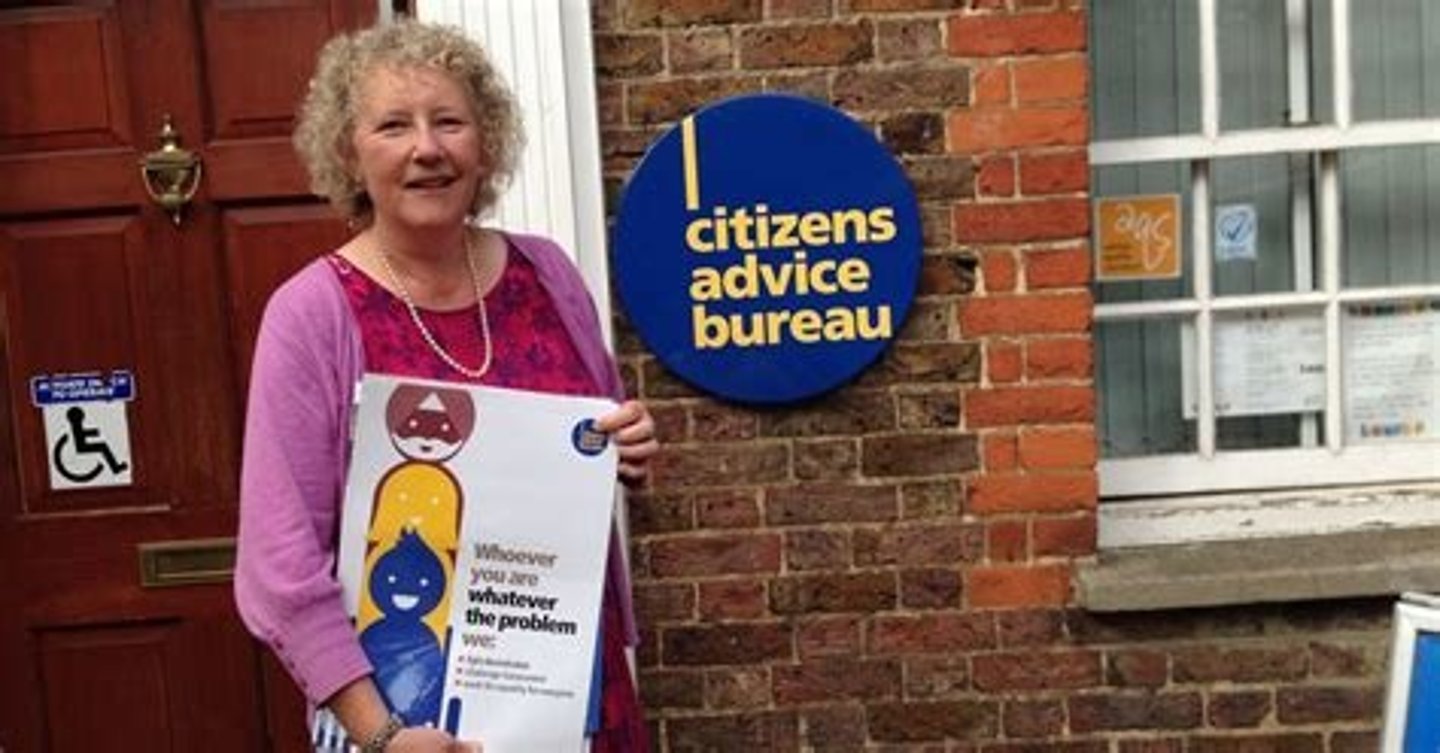
Law Centres
Free advice from solicitors
45 in UK
Can advise on areas of civil law, e.g. housing or debt

Trade Union
Advice to members on employment law, included in membership fee
e.g. National Education Union (NEU)

Law Clinics
Law undergraduates at university - free
Can give general legal advice

Tracks in the civil system
Small claims track
Fast track
Intermediate track
Multi track

Small claims track
- County court, district judge
- Up to £10,000 for property
- Up to £1000 for personal injury
- Fixed fee between £35-£455, must be paid by claimant
Fast track
- County court, circuit judge
- £10,000 - £25,000
Intermediate track
Less complex claims valued at more than £25,000 but not more than £100,000
Multi track
- £25,000+
- If complex = £100,000+
- County Court, circuit judge
Alternatives to going to court
Negotiation
Mediation
Conciliation
Tribunals
Negotiation
The two parties try to reach their own agreement

Mediation
A trained third party tries to help the two sides reach an agreement.
Mediator must be paid
Used in divorce cases and civil disputes

Conciliation
A trained third party helps the two parties by proposing solutions.
For employment disputes

Tribunals
Specialist civil courts
e.g. employment, immigration, mental health
They sit next to the civil courts on the hierarchy and cases can be appealed to the Court of Appeal and Supreme Court.
Where can employment disputes only be heard ?
At the employment tribunal
There is also a separate claim form for this.

Advantages of Negotiation
- Cheaper
-Quicker
- Less stressful

Disadvantages of Negotiation
-Might not agree
- Have to talk to the other side

Advantages of Tribunals
- Cheaper and quicker than conventional courts
- Private
- Can be less formal

Disadvantages of Tribunals
- Unlikely to get legal aid
- Delays
- Other side is likely to have solicitors and barristers

District judges
Hear the majority of civil cases in County Courts.
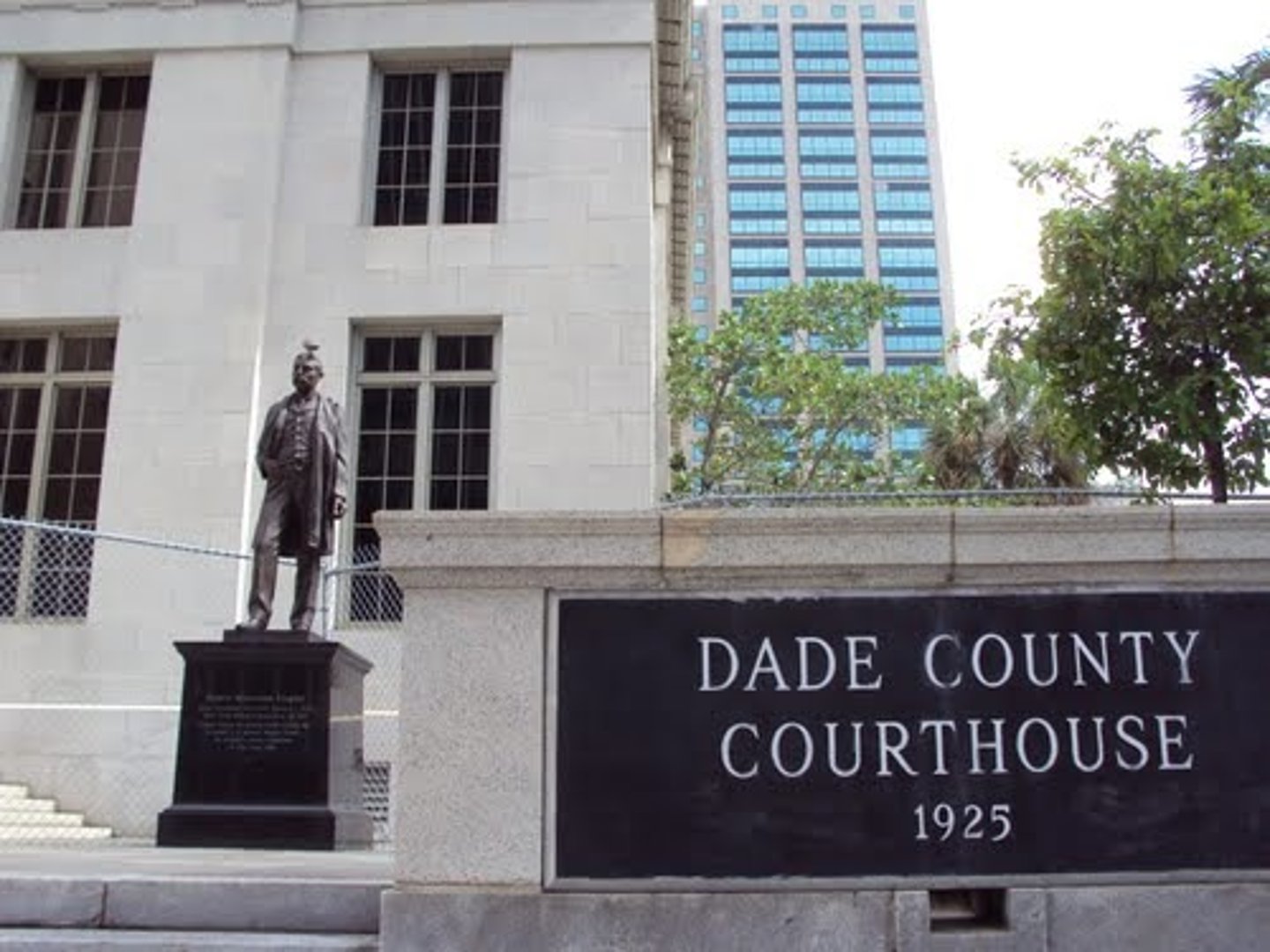
Circuit judges
They primarily deal with civil disputes and can hear cases allocated to the small claims track or the fast track.
Lord Justices of Appeal
Judges in the Court of Appeal.
Justices of the Supreme Court
Judges of the Supreme Court.
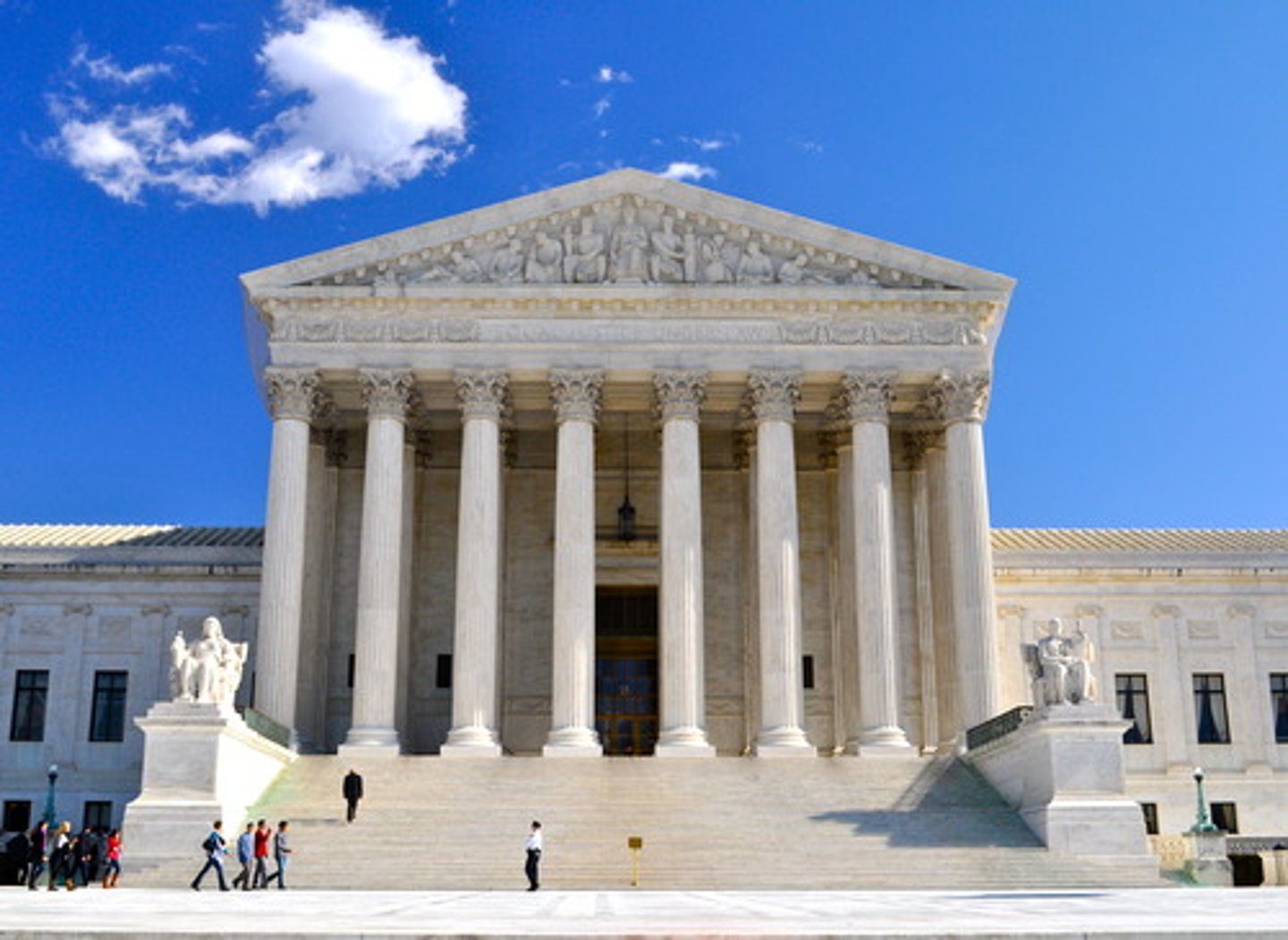
Which civil court decides liability and remedy ?
The County Court
Which civil court is for expensive claims and decides remedy and liability ?
The High Court
Which civil court hears appeals on liability and appeals on the amount of damages ?
The Court of Appeal
First Reading: Bills can start in either House.
Both Houses have authority to create and propose Bills.
Dicey: Parliamentary Supremacy
Parliament is the supreme legal authority in the UK, able to create or end any law.
Features of Conditional Fee Arrangements: Insurance
Client usually has to take out insurance against losing.